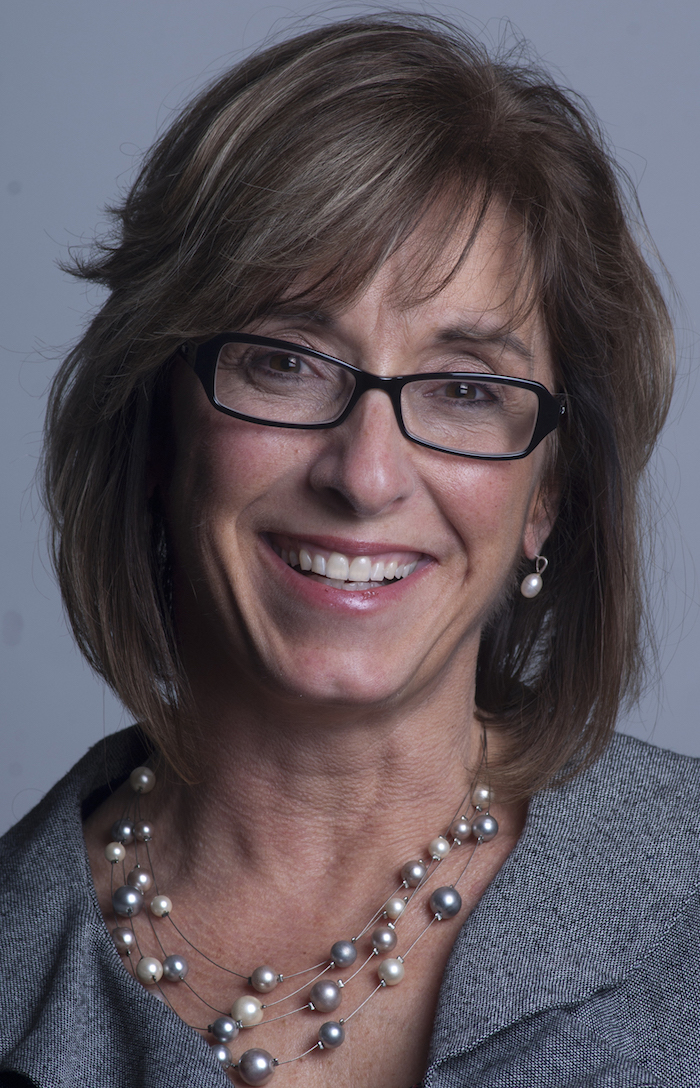Making Sound Ethical Decisions Every Day
By Michele E. Ewing, APR, Fellow PRSA
September 2019
On any given day, PR professionals from entry-level associates to senior executives face ethical dilemmas.
How can PR professionals ensure ethical decision-making on a daily basis? In honor of PRSA’s annual Ethics Month in September, the Board of Ethics and Professional Standards (BEPS) will host programming focused on the theme “Ethics Every Day,” to emphasize how we as communicators can integrate ethics into our decisions and actions 365 days a year.
We asked BEPS members what ethics means to them personally.
“Every decision involves some ethical component, whether that decision is centered on something I’m doing for a client or for my business,” says Tim O’Brien, APR, BEPS board member and owner of O’Brien Communications. “It’s a decision of what’s right and what’s wrong. The aspiration is to always do what’s right. Once you’re centered in this way, the concept of integration is second-nature.”
Here are some ways you can integrate ethics into your daily work lives:
Think about ethics from various perspectives
Adhere to your personal values and beliefs, but also understand the ethical codes of your organization and profession as you consider how your decisions, actions and communication affect others.
“My personal values and ethics and the PRSA values and Code of Ethics form the background for these decisions,” says Margaret Ann Hennen, APR, Fellow PRSA, BEPS board member and president of Hennen Communication. “Values are merely words until one understands how those values are interpreted and applied by a given client or organization.”
When examining an ethical issue through personal and organizational perspectives, consider these questions:
- Does the proposed action align with your ethics and with your client’s/organization’s ethics?
- Is it consistent with your reputation and with the reputation of your client/organization?
- Will you be proud of this decision/action/outcome?
Jim Lukaszewski, APR, Fellow PRSA, BEPS Emeritus member and chairman of The Lukaszewski Group, recommends that the “moment your stomach gets that twinge,” stop and ask ourselves about what you or a colleague are doing or planning to do. Taking time to reflect and analyze the issue can help lead to sound ethical decisions. Ask yourself:
- What is the ideal behavior here?
- How are ethical questions being addressed?
- What is remaining unsaid, ignored, actually covered up?
- When will leaders address the ethical expectations of others?
Facilitate ethics conversations throughout your organization
Open discussions about ethics help build understanding about your organization’s values and ethical decision-making processes. Employees will be more likely to voice their concerns about ethical issues and to seek guidance on how to make the right decisions.
“I share ethical issues with my staff, and how to resolve them on a daily basis,” says BJ Whitman, APR, Fellow PRSA, chair of BEPS and principal of BJW Public Relations. “Courage is the most important personal value I have nurtured over time.
“The more I was willing to talk about ethical issues with senior management and colleagues, the better we can provide them thoughtful counsel.”
Apply the PRSA Code of Ethics and other ethical models
As we know, codes of ethics and ethical models set standards for ethical behavior and offer guidance for decision-making. A range of resources are available on PRSA’s website, including the Code of Ethics, decision-making guide, Ethical Standards Advisories, case studies and other relevant information about ethics.
“I recommend you explore a number of models until you come up with a format that suits you and helps you prepare the facts and then share an ethical-decision-making model to discuss with leadership,” Whitman advised.
Understand new ethical challenges
While technology has given us more opportunities to use data to inform and measure our communication strategies and to more effectively connect with our target audiences, it also presents countless ethical challenges. In fact, many companies now have statements on digital ethics to support their codes of ethics.
“The biggest ethical dilemma today is the norms of the digital world, says Cayce Myers, Ph.D., APR, BEPS member and associate professor at Virginia Tech. “In the digital world, PR practitioners have to ask themselves how they can be transparent and have ethical integrity in a medium that allows for anonymity, blocking, viral content, content marketing, trolling and parody accounts.”
Another issue involves transparency about the roles of influencers, he says.
“All too often, influencers blur the line between credible third-party endorsements and paid advertising,” O’Brien says. “We in the PR business need to draw clear distinctions between a paid endorsement and a genuine third-party endorsement.”
In September, BEPS will host programming that addresses these ethical challenges.
Ethics Month Highlights
- Sept. 5, 3 p.m. ET / Webinar: PR Ethics — Take It Personally
- Sept. 10, 1 p.m. ET / Conference Call: Moral Reasoning and Development Across Industries of Mass Communications
- Sept. 18, 1 p.m. ET / Twitter Chat: Legal and Ethical Dimensions: Using Online Data for PR Strategies
- Join the discussion at #EthicsMonth
- Sept. 19, 9 p.m. ET / Twitter Chat: PR Licensing — Enhancing the Profession
- Sept. 24, 7 p.m. ET / Twitter Chat: Fighting for Ethical Integrity in a Time of Fake News, Misinformation and Disinformation
- Sept. 26 12 p.m. ET / Webinar: Social Media, the Law and PR Practice



